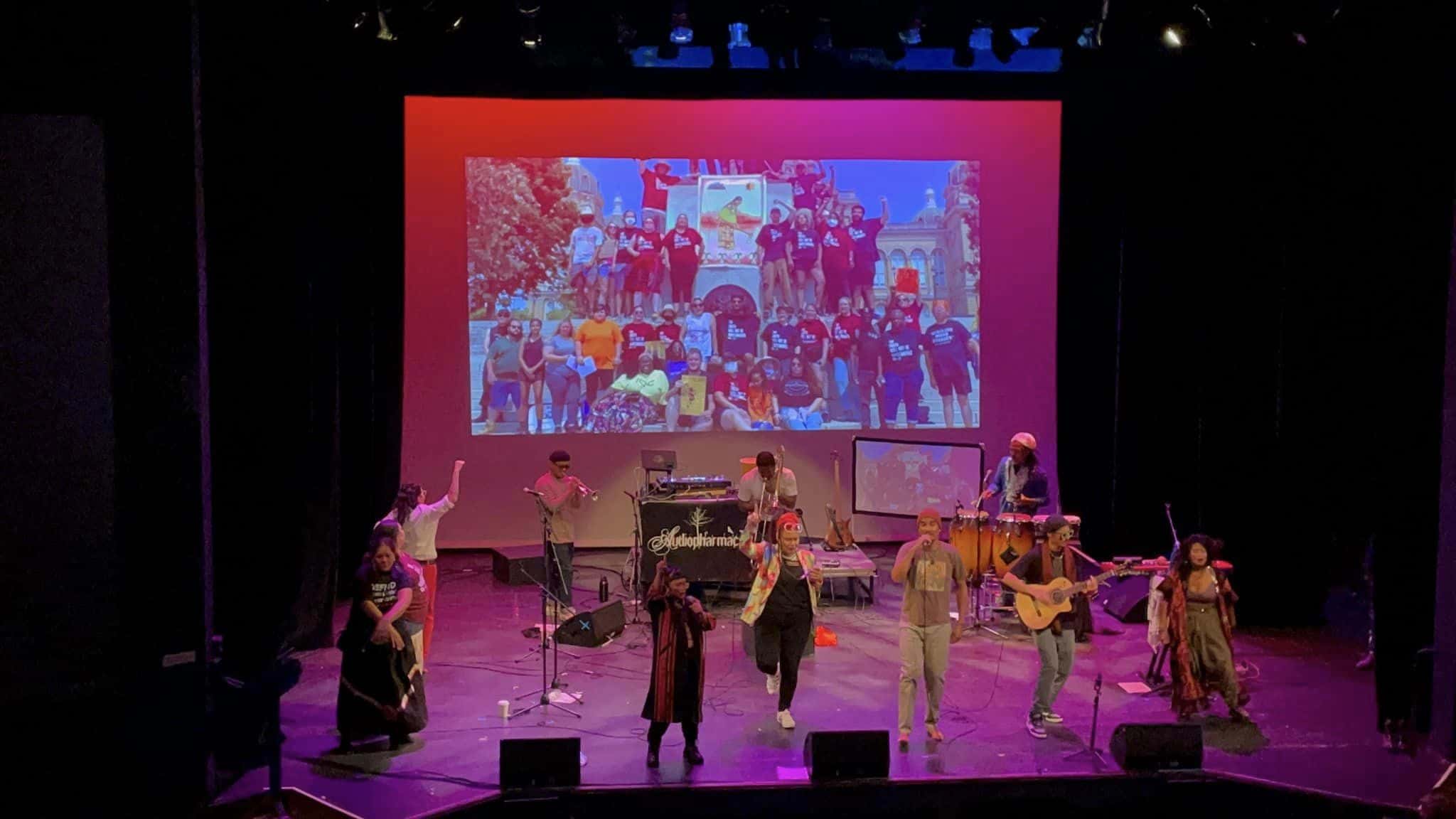
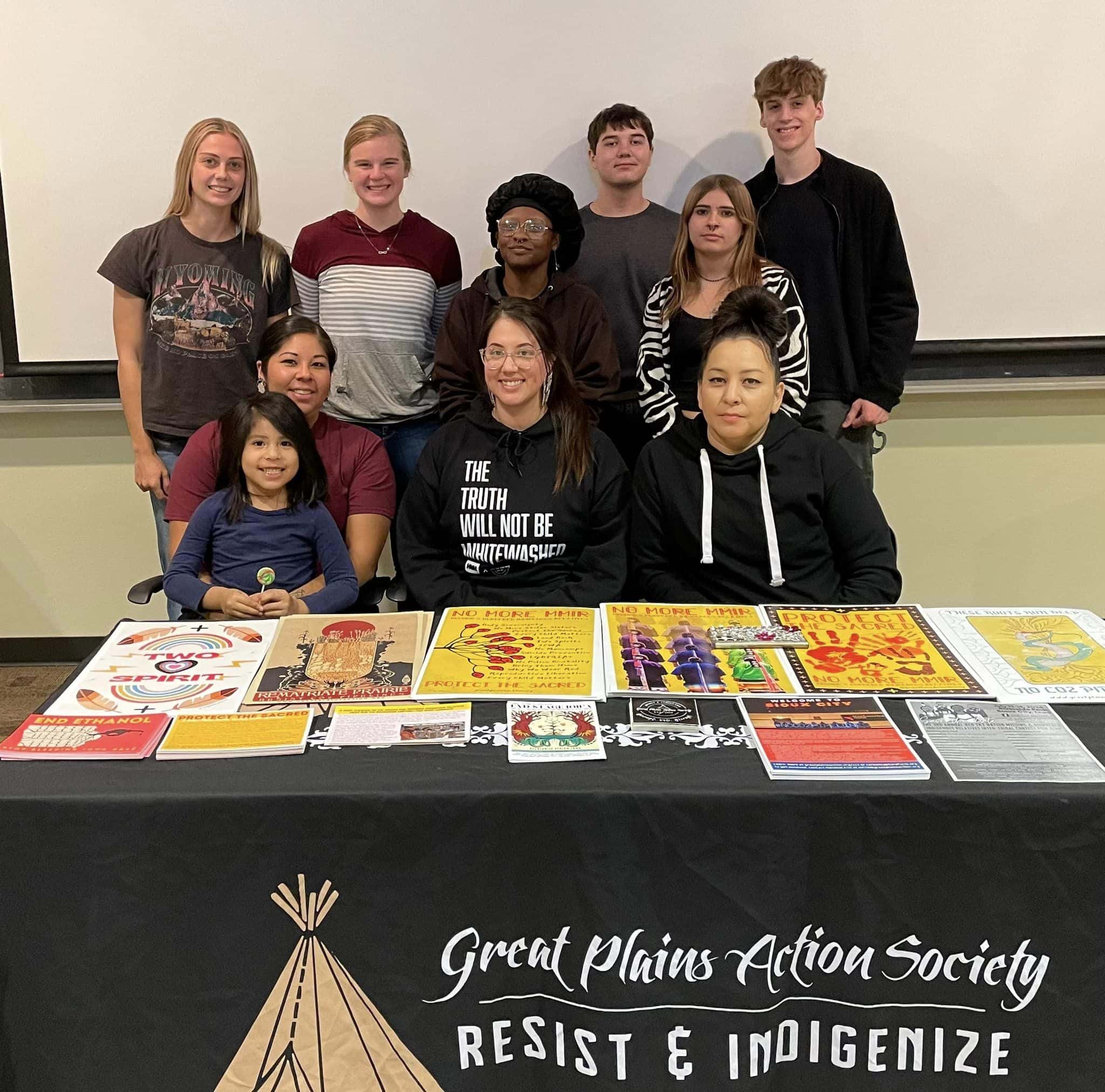
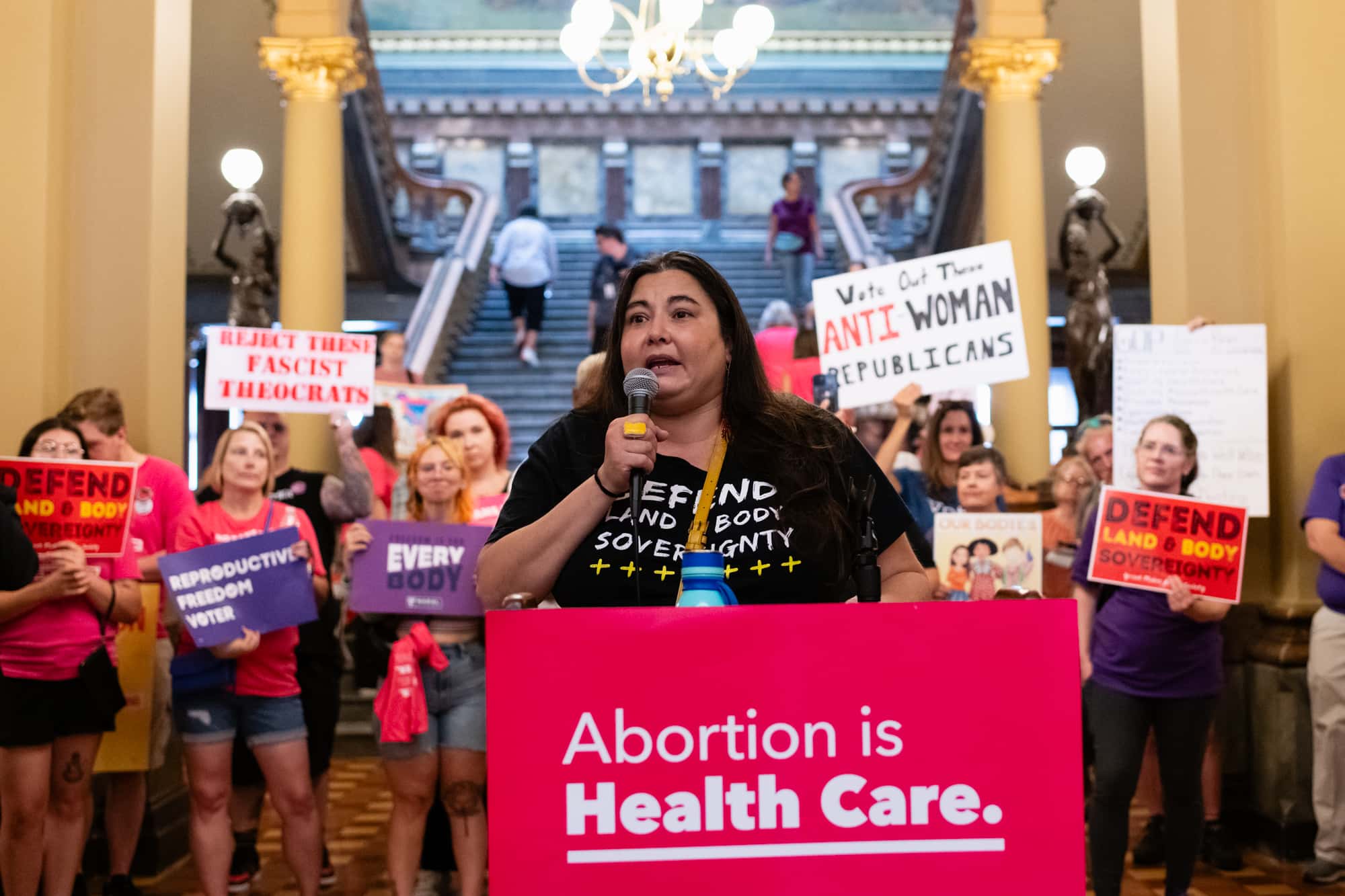
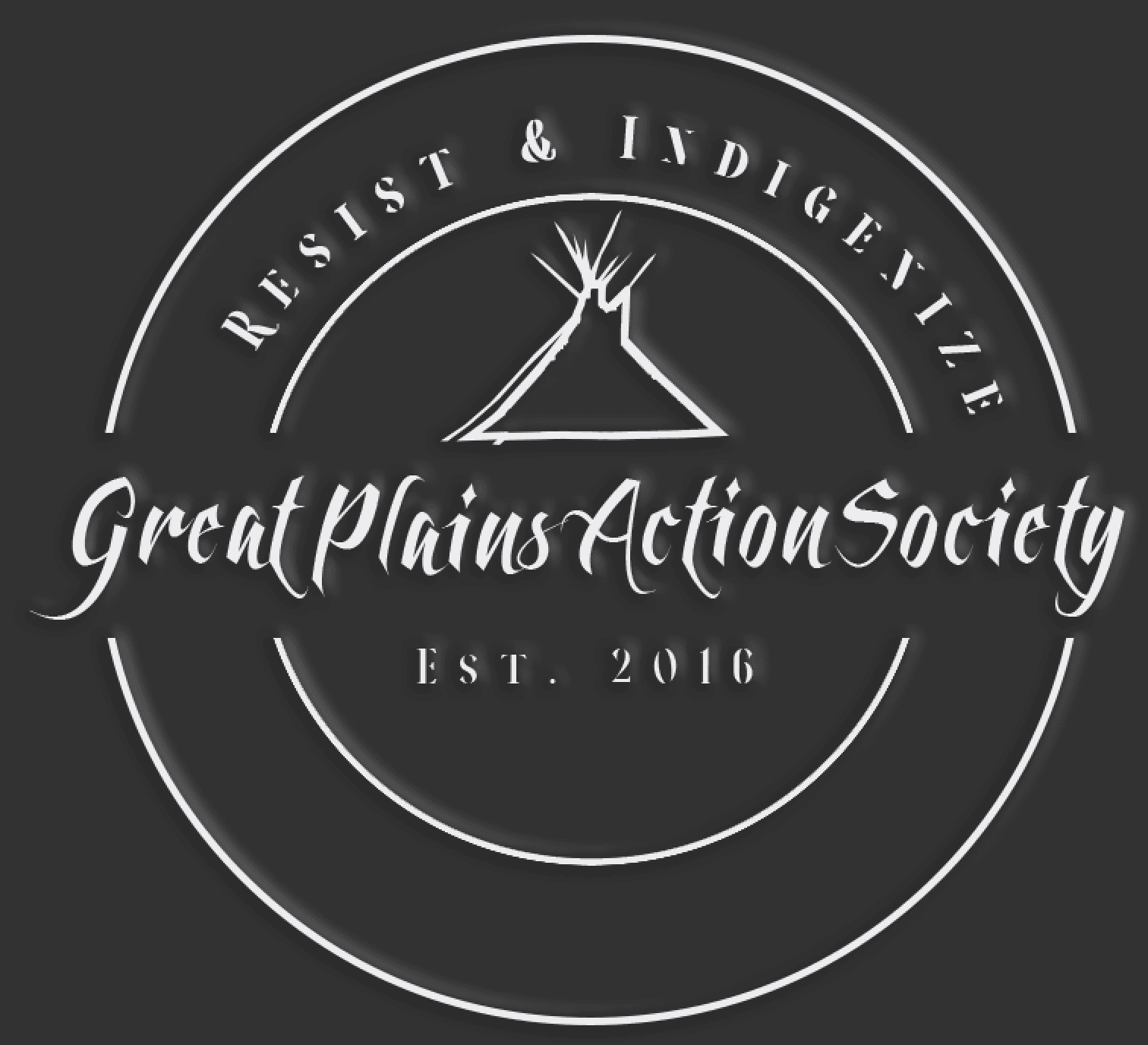
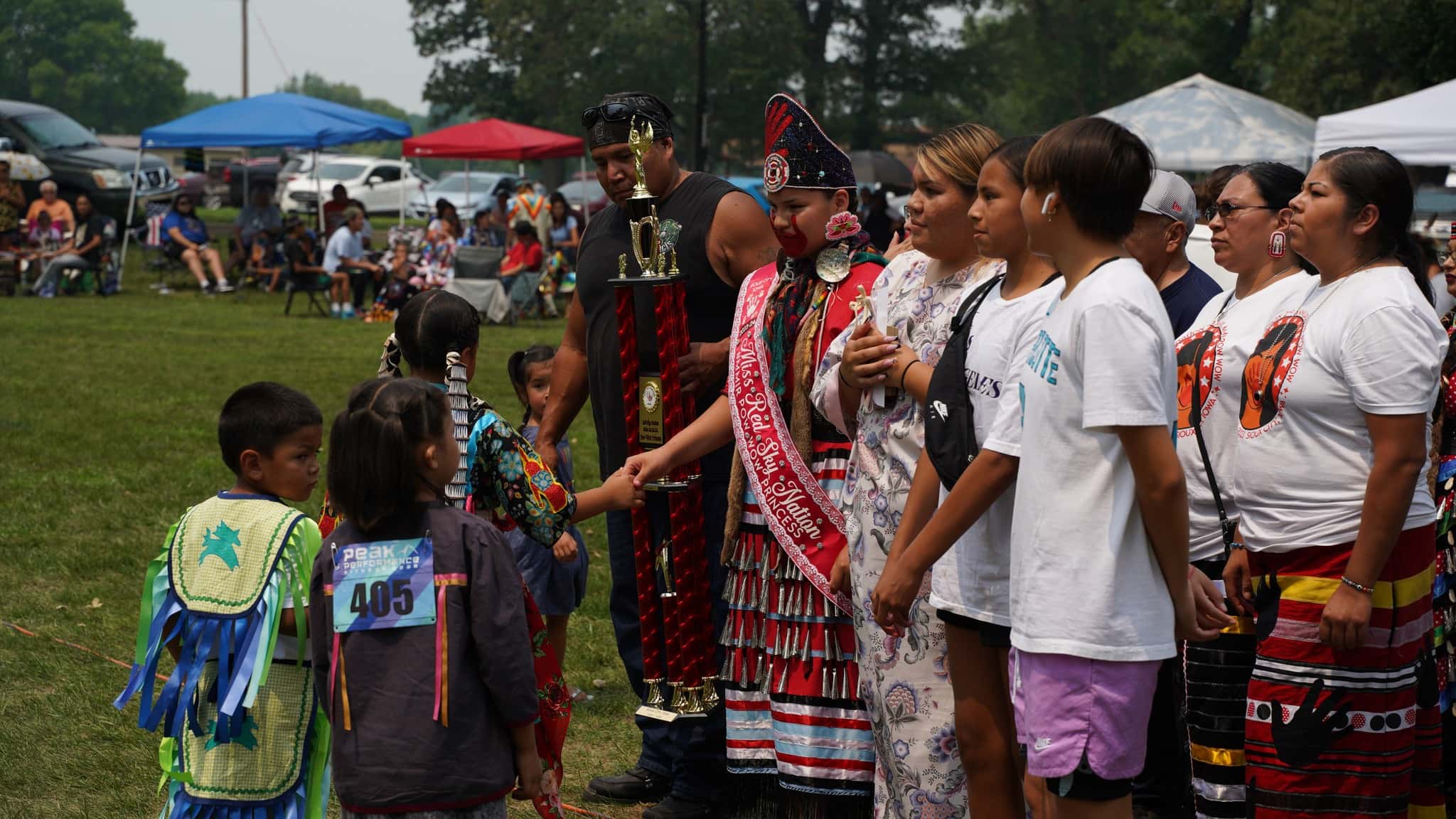
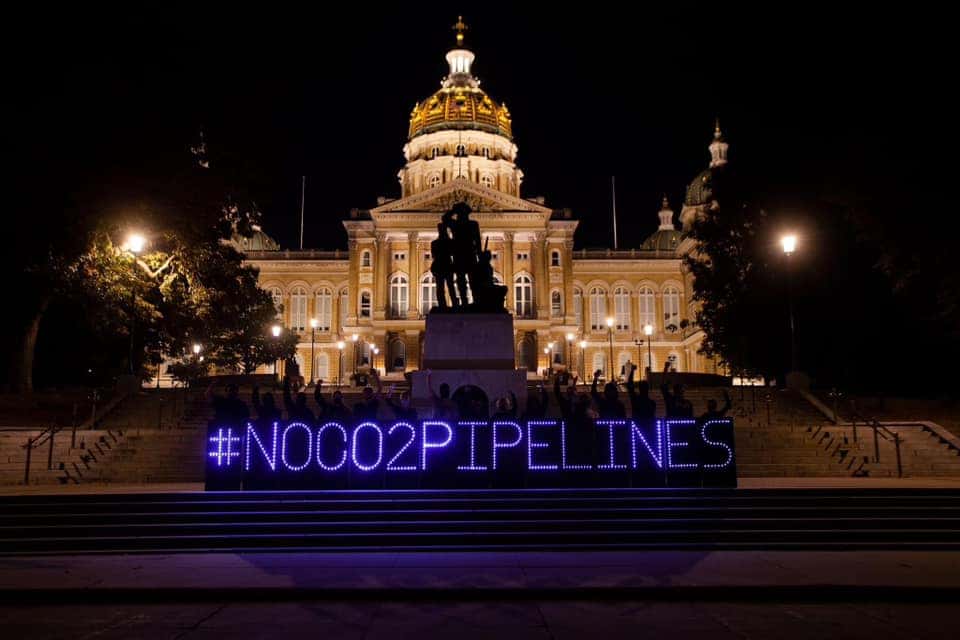
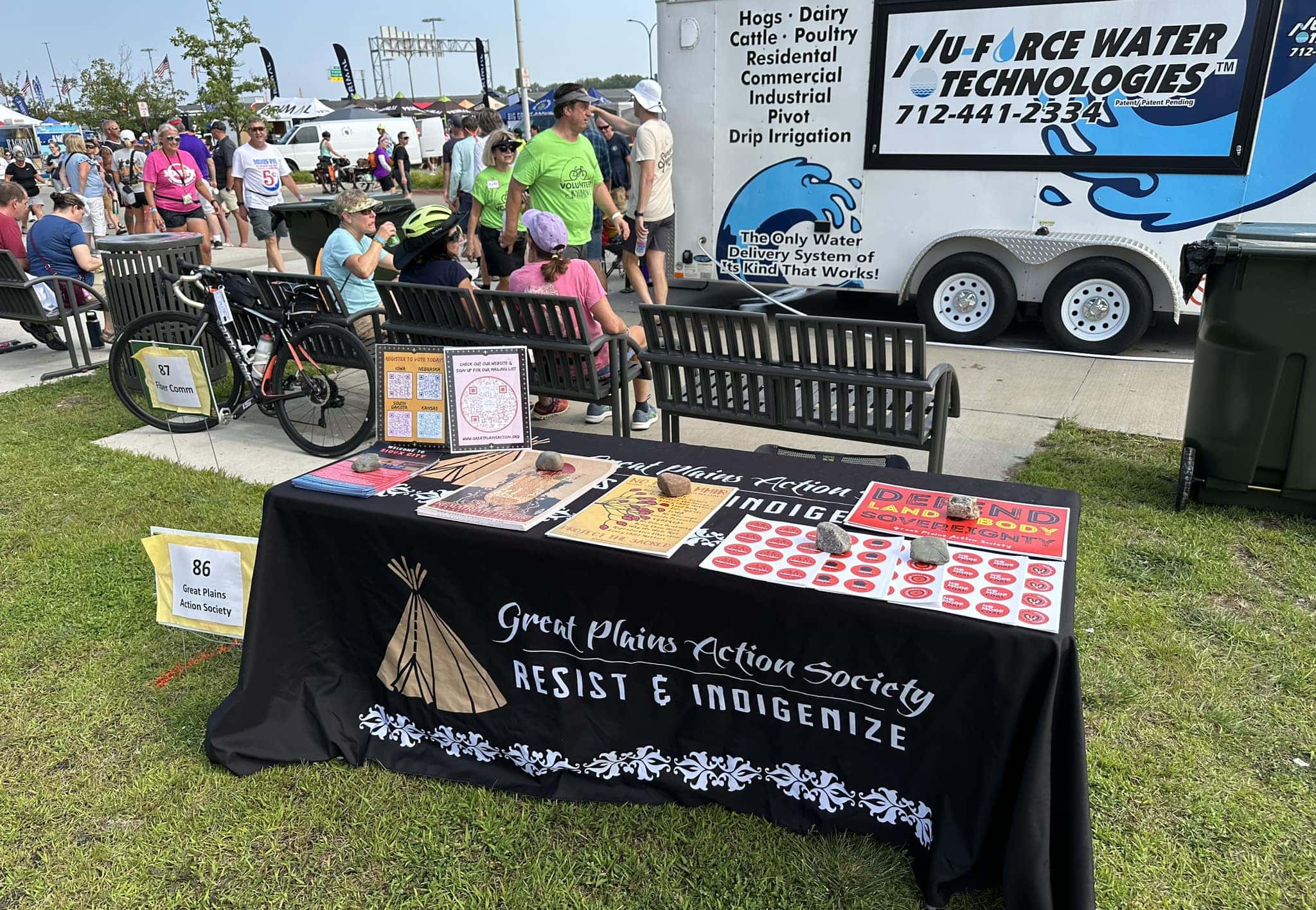
Great Plains Action Society
Iowa City, IA
In 2021, Climate Nexus launched an Energy Equity Regranting Project to help resource organizations, tribes, and community leaders on the frontlines of climate change and the impactful work they are doing to fight the gas industry. The energy equity transition grants prioritize grassroots groups with an annual budget of $1 million or less to boost their efforts in racially, ethnically, gender, and culturally diverse communities across the United States and at the intersections of public health and energy justice.
In our second year running the program, 11 organizations received grants ranging from $20,000 to $40,000, including the Great Plains Action Society, whose work is detailed below.
Overview
As an Iowa-based grassroots organization, Great Plains Action Society (GPAS) addresses the trauma that Indigenous Peoples and the Earth face from colonial capitalism, and works to prevent further violence through mutual aid, culture and tradition, direct action, education, and political engagement. GPAS is 100% Indigenous-led and was founded out of concern for the land and future generations due to the catastrophic effects of the climate emergency and environmental degradation.
Activities
Fighting Pipelines
GPAS has organized to stop the Dakota Access Pipeline in Iowa, the Keystone XL pipeline, and industrial-scale pesticide poisoning of mid-Nebraska. Along with this work, GPAS addresses a lot of environmental racism due to the failed recognition from local and federal governments, one of them being the Missing and Murdered Indigenous Relatives crisis.
- Organizing to Stop CCS Pipeline Networks
- Carbon capture and sequestering is a greenwashing tactic, so GPAS partnered with Ní Btháska Stand Collective and Science and Environmental Health Network to oppose building a CCS pipeline network throughout the Great Plains.
- Sikowis Nobiss spoke on the Pipeline and Hazardous Materials Safety Administration’s (PHMSA) Technical Safety Panel about safety concerns associated with several proposed projects slated for Iowa and the Great Plains region after an incident in 2021 at Satartia, Mississippi. PHMSA stated that updated safety regulations explicitly tailored for carbon dioxide pipelines are needed and will take up to three years to establish—the same timeframe these proposed projects aim for completion. GPAS called for a federal moratorium until regulations are complete.
Indigenous People’s Day Conversation
Sikowis Nobiss, Founder and Executive Director of GPAS, spoke with Della Z. Duncan for the podcast Upstream to discuss the following questions: How do the systems of capitalism, colonialism, consumerism, and Christianity uphold and support one another? How do we work to dismantle them and cultivate a decolonized culture and politics that supports Indigenous sovereignty, human health and wellbeing, and flourishing ecosystems?
Listen to the episode How to Decolonize and Indigenize with Sikowis Nobiss.
Lessons Learned
Sikowis Nobiss, Founder and Executive Director of GPAS, reflected on the Energy Equity Grant funding, saying, “We’re just able to feel more comfortable hiring people to help out, to help me and Tricia, who works in our Sioux City area. Additionally, the purchase of computers helped them a lot, as some of their workers/volunteers did not have access to a personal computer.”
Future and Sustainability
Nobiss reflected on the Energy Equity Grant funding, saying, “We’re just able to feel more comfortable hiring people to help out, to help me and Tricia, who works in our Sioux City area. Additionally, the purchase of computers helped them a lot, as some of their workers/volunteers did not have access to a personal computer.”
Urban Garden in Sioux City
Great Plains Action Society is fundraising for the construction of an urban garden along with a First Foods educational initiative. The group recognized that the federal and local government continues to fail them on many levels. So, they are helping themselves.



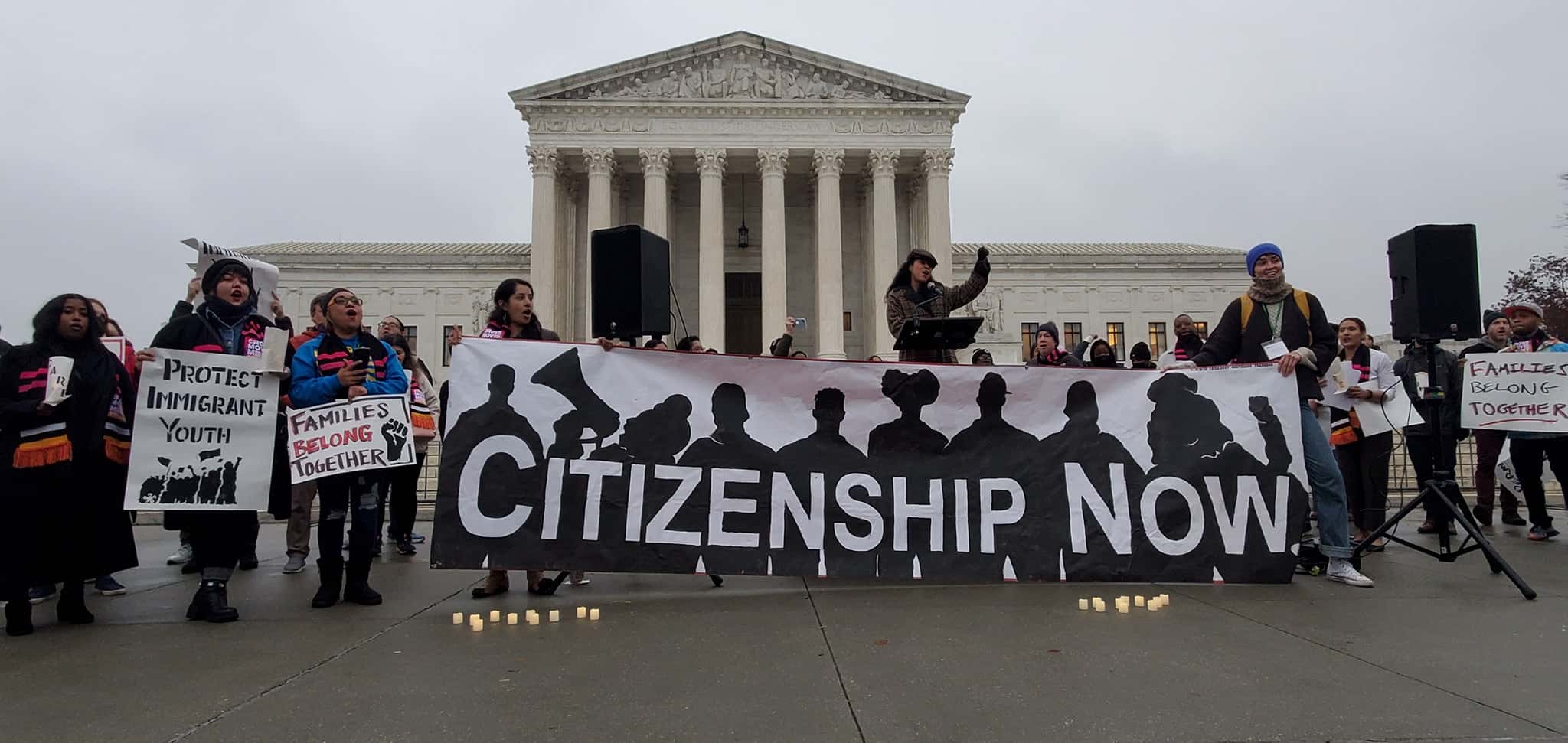



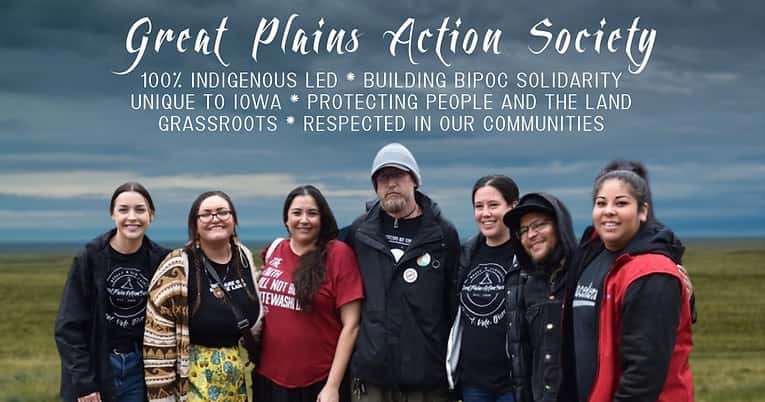
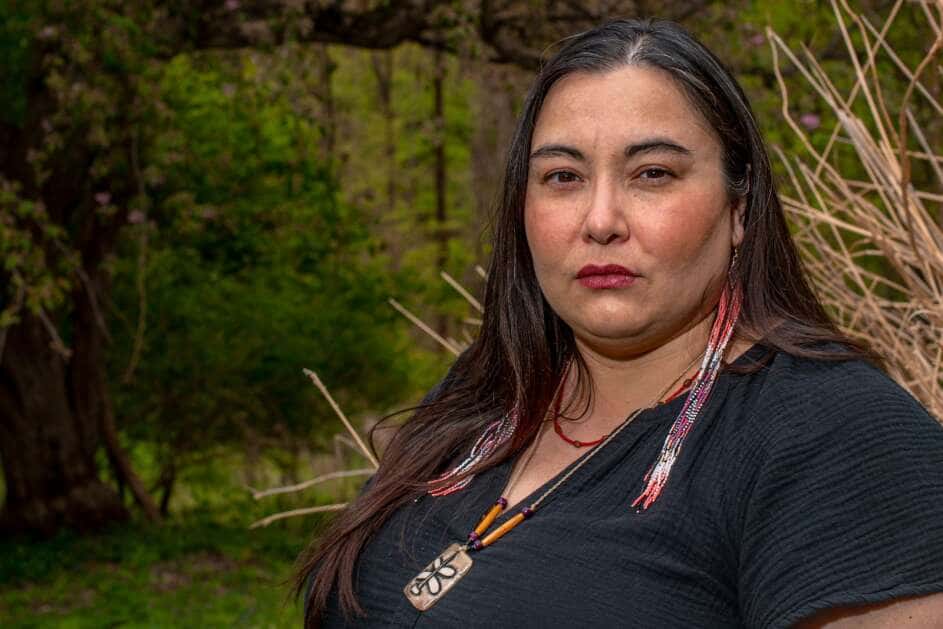
Filter Grantees by Year:
-
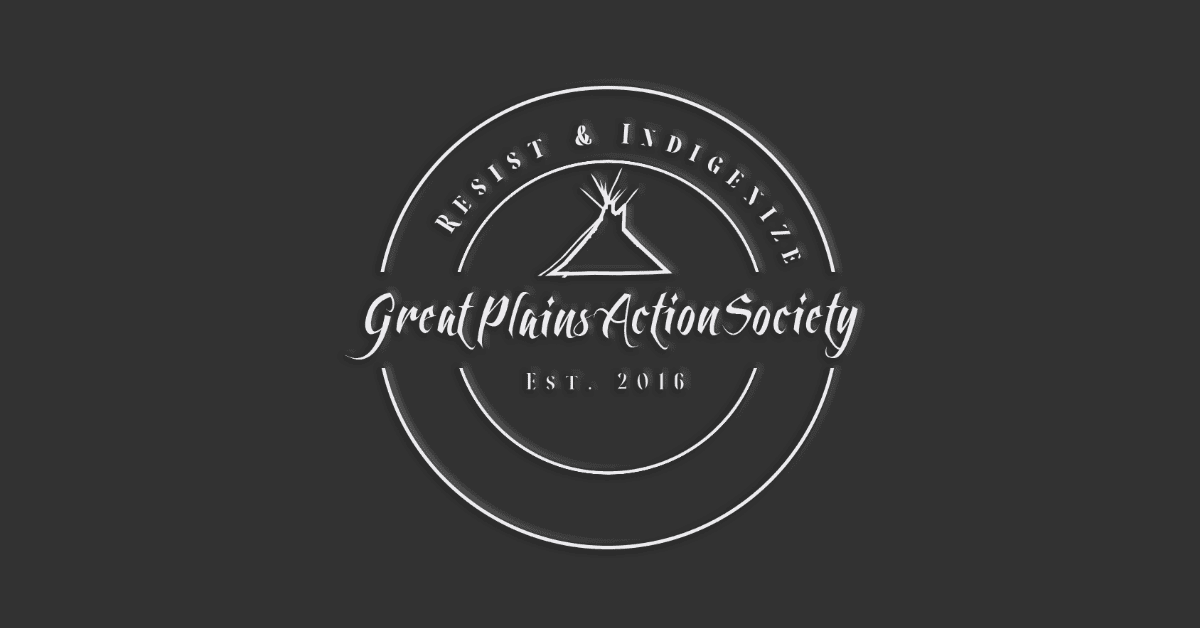
Great Plains Action Society
Great Plains Action Society addresses the trauma that Indigenous Peoples and the Earth face from colonial capitalism and works to prevent further violence.
-
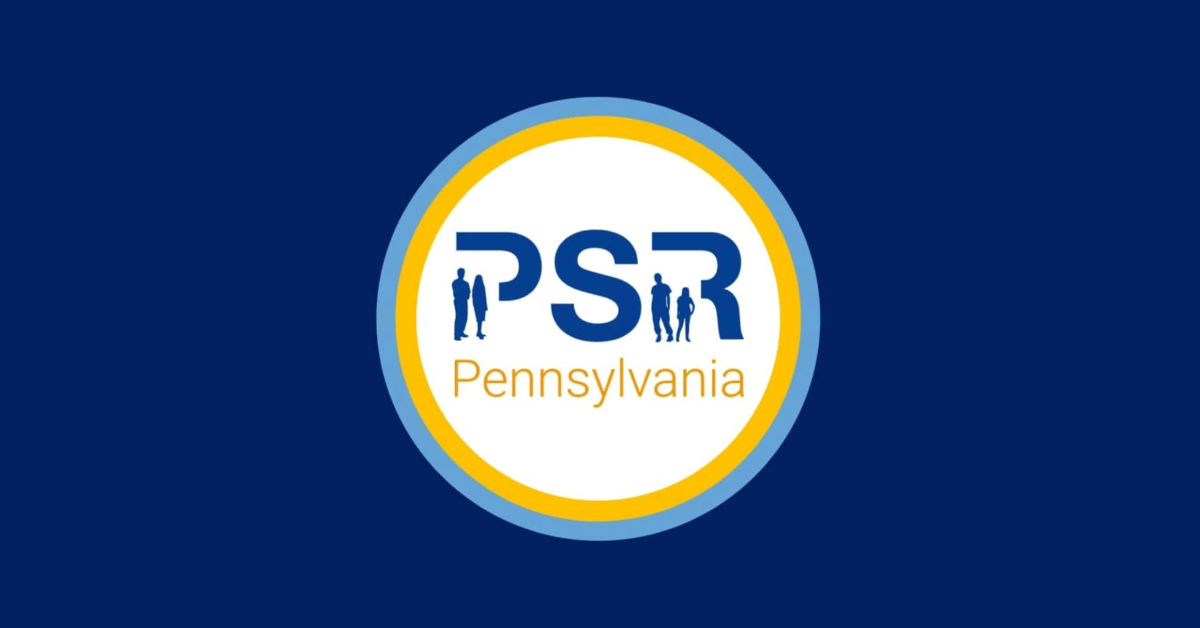
Physicians for Social Responsibility Pennsylvania
Physicians for Social Responsibility Pennsylvania has spent the past decade educating Pennsylvanians on the health dangers of the gas industry.
-
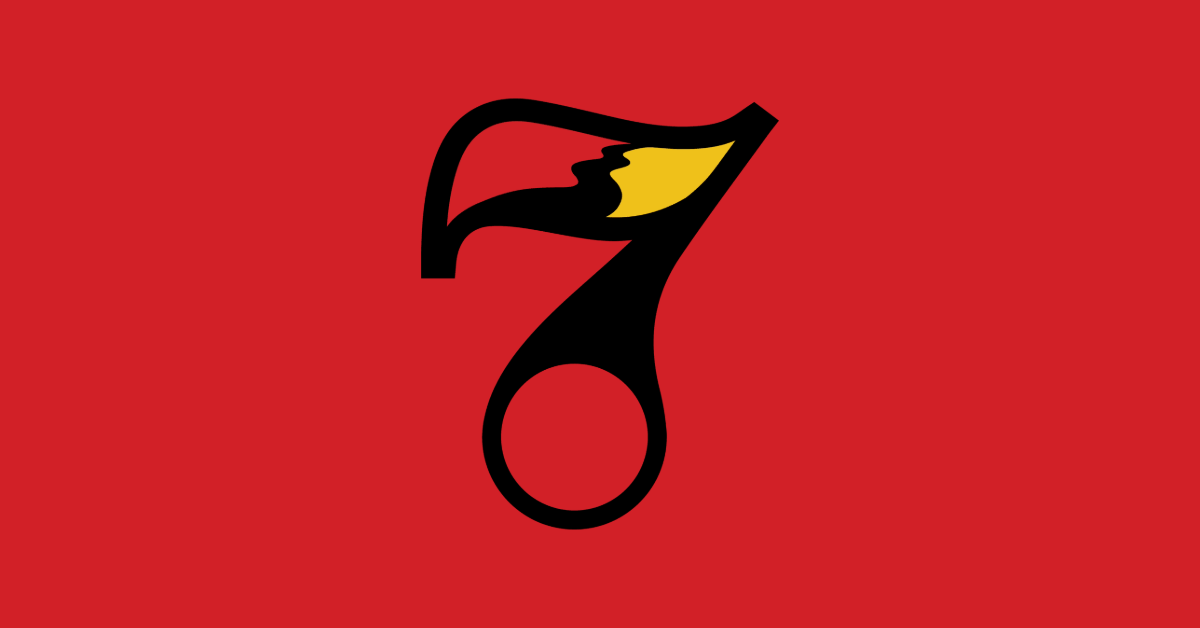
7 Directions of Service
7 Directions of Service is fighting to cancel the Mountain Valley Pipeline’s Southgate Extension and to advance Rights of Nature laws.
-
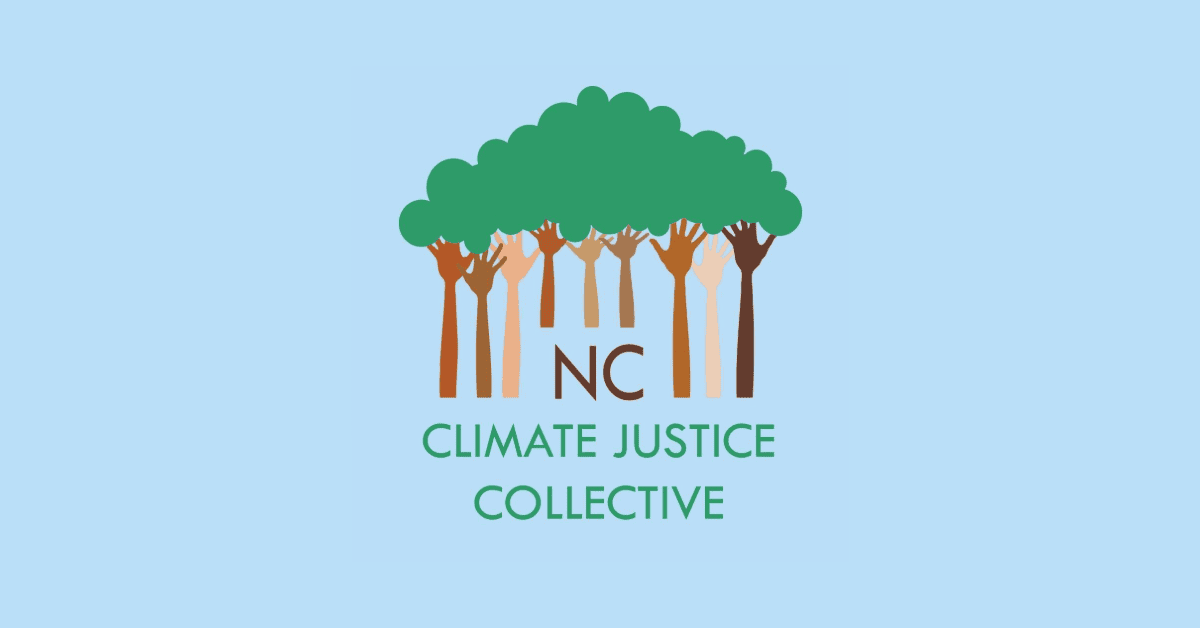
North Carolina Climate Justice Collective
NCCJC uses an intersectional approach to address environmental issues that directly impact North Carolinians living on the frontlines of extractive industries.
-
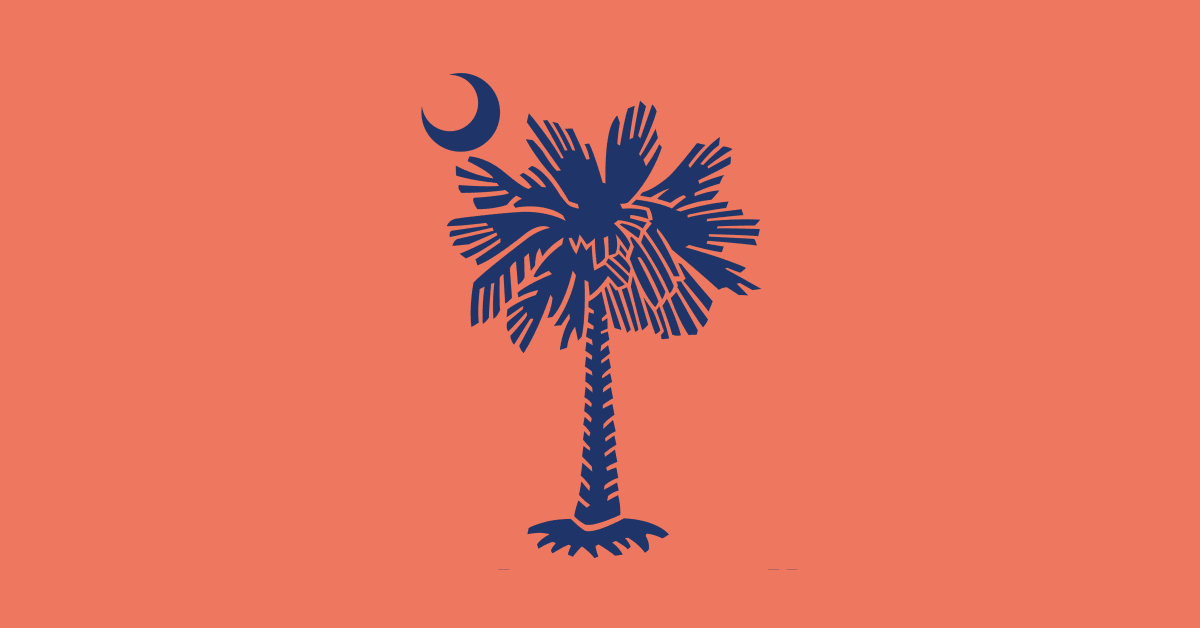
South Carolina Interfaith Power and Light
SCIPL develops programming and resources around food insecurity, high energy bills, electric vehicle infrastructure, and resilience hubs.
-
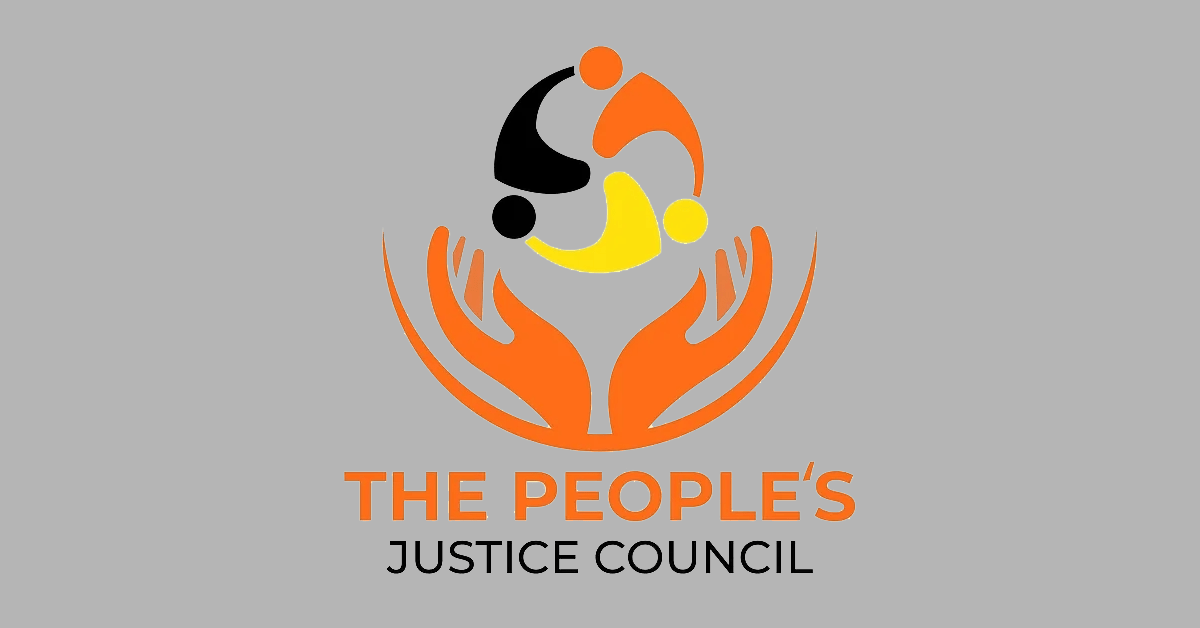
The People’s Justice Council
The People’s Justice Council is led by pastors, community organizers, and working professionals to create an equitable, sustainable, and just world.
-
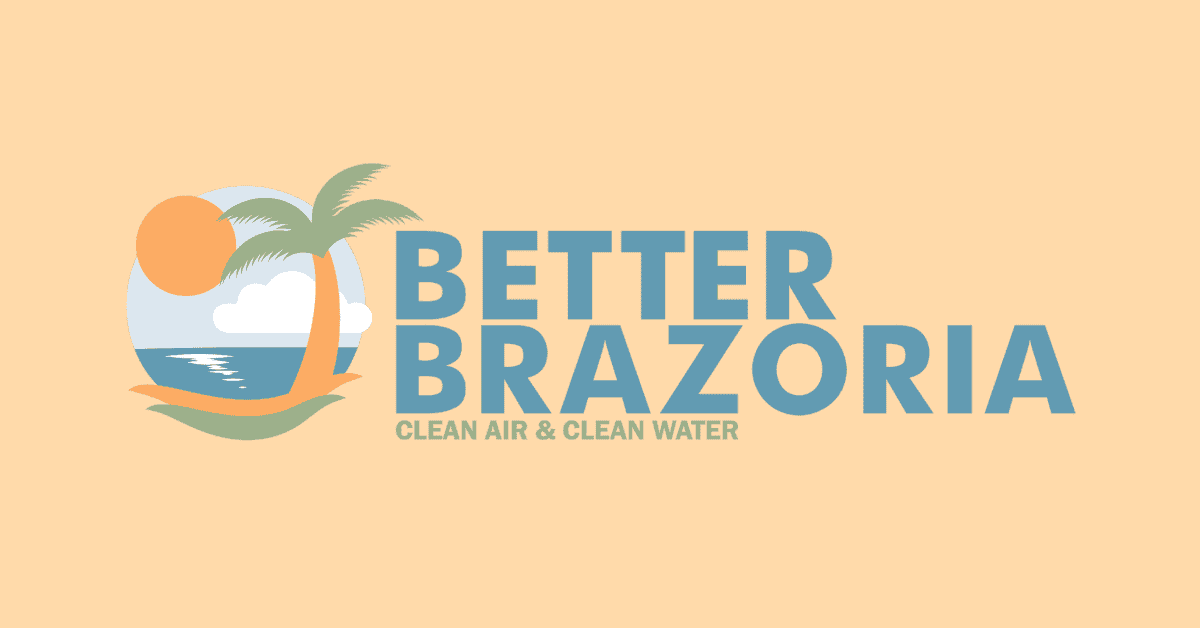
Better Brazoria: Clean Air & Water
Better Brazoria: Clean Air & Water supports residents of Brazoria County by watchdogging petrochemical companies trying to export liquid “natural” gas.
-
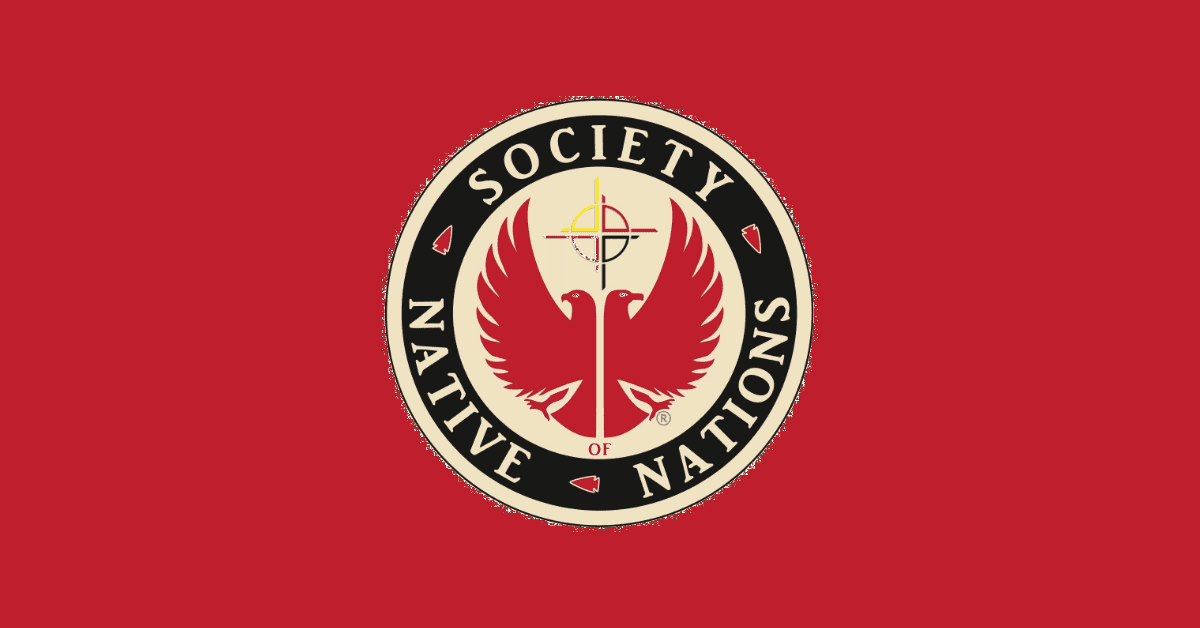
Society of Native Nations
SSN works to recognize the existence of Native peoples in Texas, and contest the petrochemical buildout from the Permian Basin to the Gulf Coast.
-
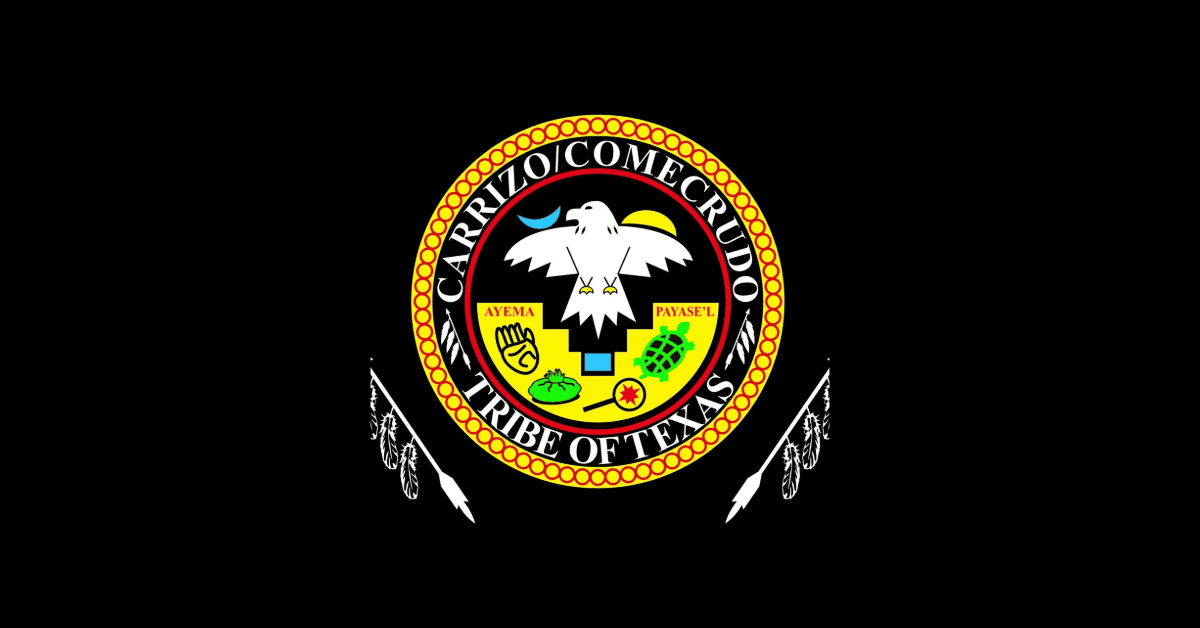
Carrizo Comecrudo Tribe of Texas
The Carrizo Comecrudo Tribe travels throughout Texas, monitoring pipelines, disposal wells, ongoing border wall construction, and fracking/flaring violations.
-
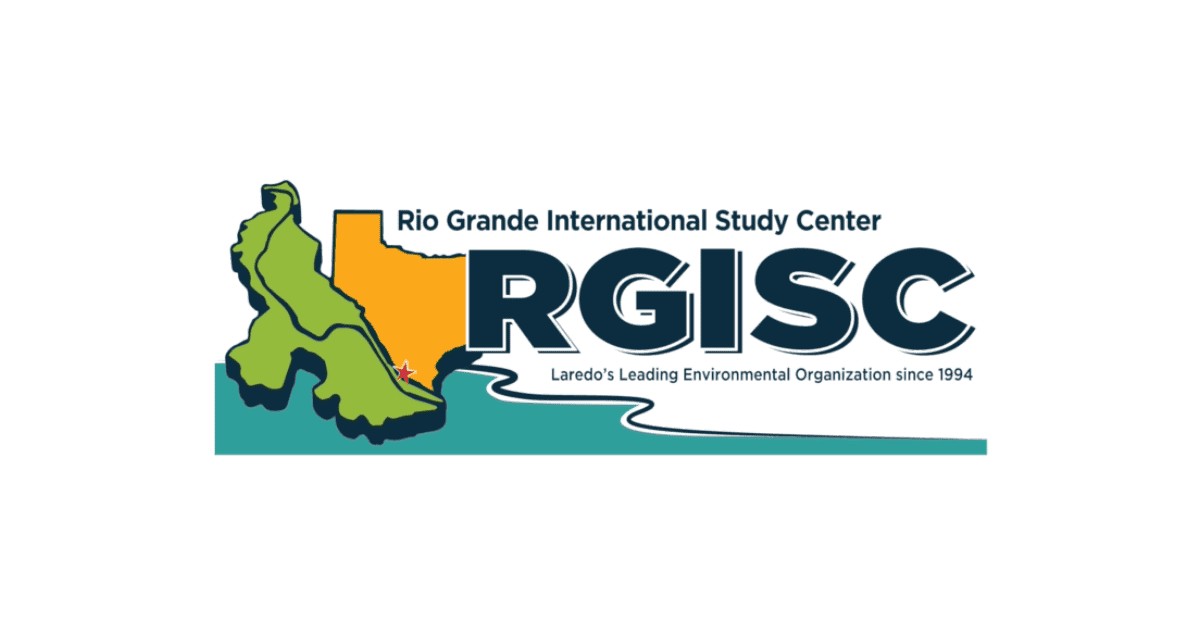
Rio Grande International Study Center
RGISC conducts independent research and community education to steward the environmental preservation and restoration of the Rio Grande Basin.

